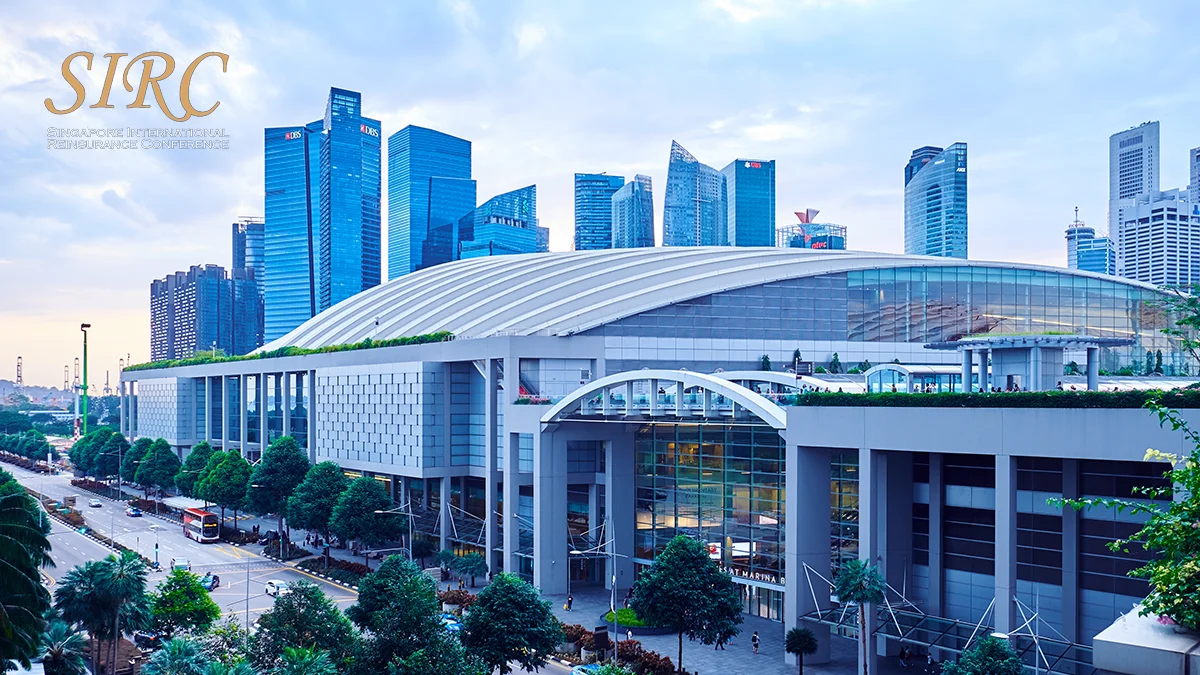(Re)in Summary
• The insurance and reinsurance sectors face a talent crisis as baby boomers retire without enough successors.
• Panellists discussed how to reshape its image and appeal to new talent like Gen Z and millennials.
• Recommendations include improving marketing, highlighting career opportunities, embracing flexible work and focusing on inclusivity.
• Clear paths for internal mobility, international rotations, apprenticeships and mentoring were proposed to fill looming talent gaps.
Panellists at the 2024 Singapore International Reinsurance Conference said the (re)insurance industry needs to change perceptions to attract new talent and to change the long-held belief that the industry is dull compared to other fast-paced fields like banking or fintech.
Retiring baby boomers also threaten to deplete institutional knowledge unless successors can be recruited and developed, the panellists added.
“There is limited exposure to the variety of roles and career paths available in the industry,” said Thomas W. Hofer, Founder and Global Managing Partner at Selion Global. “There is [also] this old stereotype of insurance work being dull.”
James Beedle
Aia Chief Executive Officer of PartnerReAll the panellists agreed the industries need to improve marketing themselves. “It’s about advertising,” said James Beedle, Chief Executive Officer of Asia Pacific P&C and Chief Executive Officer of PartnerRe Asia, who moderated the session.
“What we do – speaking about it in terms of job, exciting, dynamic purpose – is going to resonate both with those who are looking to join the industry in school, university or attract talent for experienced operators who can add value into our organisations later in their careers,” added Beedle.
“The rebranding is something that we should be considering within all of our companies,” added Valerie Badcock, Senior Vice President of Global Operations at Guy Carpenter. “I just don’t think people know enough about what goes on, certainly within reinsurance.”
Valerie Badcock
Senior Vice President of Global Operations at Guy CarpenterAccording to the panellists, more must be done to develop, attract and retain top professionals as retiring baby boomers leave gaps. Ultimately, it’s the talent pipeline that makes the difference.
On this point, Wong Sze Keed, CEO of AIA Singapore and Deputy President of Life Insurance Association Singapore, emphasised internal mobility and clear career paths. “At AIA, we are very big about internal mobility. We’re very open about where you want to transfer to, which is the next location or place that you want to go,” she said. Likewise, Roberts advocated rotating staff internationally every six months to broaden skills.
Badcock highlighted the importance of apprenticeships, graduate programs, mentoring and promoting diversity as multi-faceted ways to attract entry-level talent from other industries like finance, IT and tech. “We need to let people see what is achievable in the insurance industry because it is full of opportunity,” she said.
Badcock also stressed the ongoing need to nurture returning female talent. “Women take time out of the workplace to have children, sometimes they come back, sometimes they don’t, but that’s an opportunity to nurture those returns,” she said.
Within the insurance and reinsurance industries, companies have increasingly recognised the need to consider social issues beyond just the bottom line.
“It’s been a massive change for organisations to deal with issues that are outside of their organisations when normal organisations are internally focused,” said Moira Roberts, Regional Head of Human Resources (Asia Pacific, Middle East and Africa) at Munich Re. “It really has changed things as we go forward and how we meet those priorities.”
Facing demographic shifts, the panel weighed options for nurturing emerging professionals, particularly Gen Z and millennials. For example, Hofer advocated hybrid work, giving them flexibility while using offices for collaboration.
“When we see companies who literally force their staff to go back full time, that’s extremely short-sighted, and they will fail miserably in the fight for talent because the fight for talent goes about the younger generations,” explained Hofer.
“It’s critical that we have the flexibility. [Hybrid] is the way we are going to work as we go forward. We must make the workplace attractive for people to come in, to connect and to learn from one another,” said Roberts.
Thomas W. Hofer
Founder and Global Managing Partner at Selion GlobalStrides have been made in mobility and flexible work but commitment to training the future workforce was still the key to facing generational change.
“My organisation has recently gone on to Instagram, which is a huge move in attracting the younger generation. So Gen Z is now coming through because we do need to educate them about what this industry is all about,” said Roberts.
Overall, “better communication, highlighting purpose and possibilities for career paths, as well as flexibility can help address perceptions and the fight for talent,” said Hofer.
























